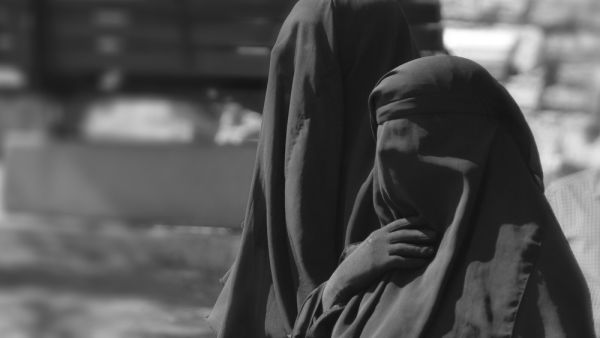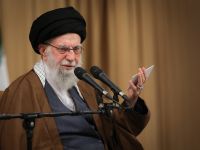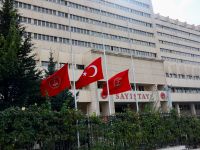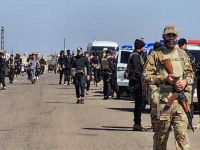Sri Lanka's public security minister signed a cabinet order Friday seeking approval to ban burqas and other face coverings in public places.
Sarath Weerasekara told the BBC the order needs parliamentary approval to go into effect, but officials say they expect the ban to be implemented very soon.
Burqas are garments worn by some Muslim women. They cover the body and face.
Weerasekara cited national security concerns when announcing the proposed ban.
Opinion: Don’t be fooled, Sri Lanka’s burqa ban is just another example of the state punishing Muslim women https://t.co/neIDPGDnPH
— The Independent (@Independent) April 29, 2019
"In our early days, Muslim women and girls never wore the burqa," Weerasekara said at a news conference. "It is a sign of religious extremism that came about recently. We are definitely going to ban it."
Sri Lanka temporarily banned burqas in 2019 after the Easter Sunday bomb attacks that killed more than 250 people at six locations, including three churches and three hotels.
The Islamic State claimed credit for the attacks shortly after they happened.
Weerasekara also said the government plans to close more than 1,000 Islamic schools in the country.
The proposals follow an order last year mandating the cremation of COVID-19 victims, over the objection of Muslims, who bury their dead.
Sri Lanka’s government says it will ban the wearing of the burqa and close more than 1,000 Islamic schools, the latest actions affecting the country’s minority Muslim population.
— Aslam khan (@thinker_Ak) March 13, 2021
?#protect_Burqa_Islamic_Rules pic.twitter.com/H9RlSqS6J1
The United States and international rights groups criticized the order, which was lifted earlier this year.
Muslims make up about 9 percent of the 22 million people in Sri Lanka, where Buddhists make up the majority -- 75% -- of residents.
This article has been adapted from its original source.









